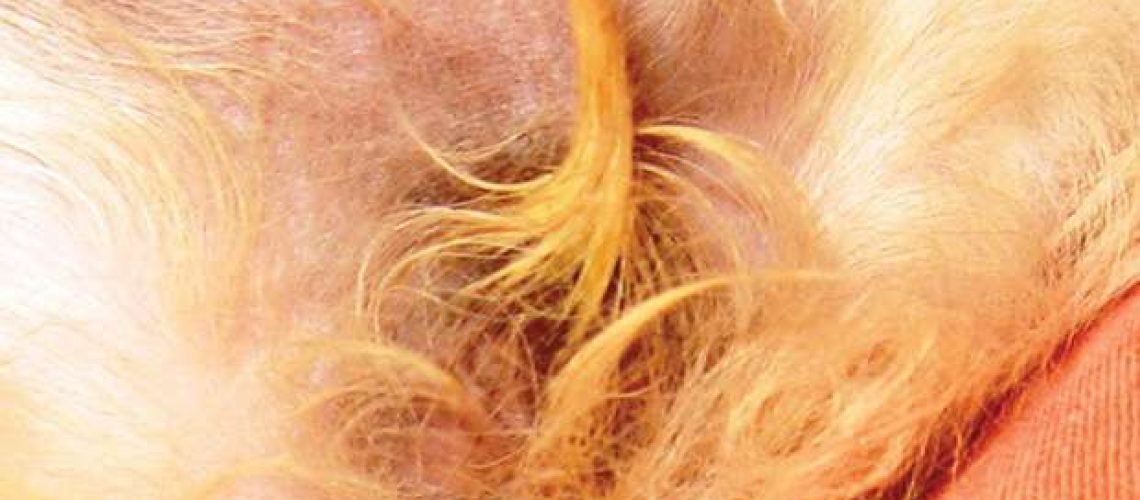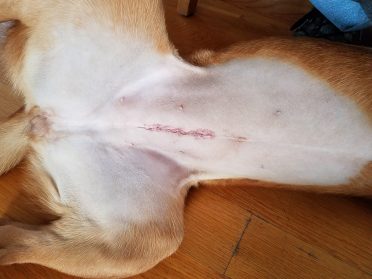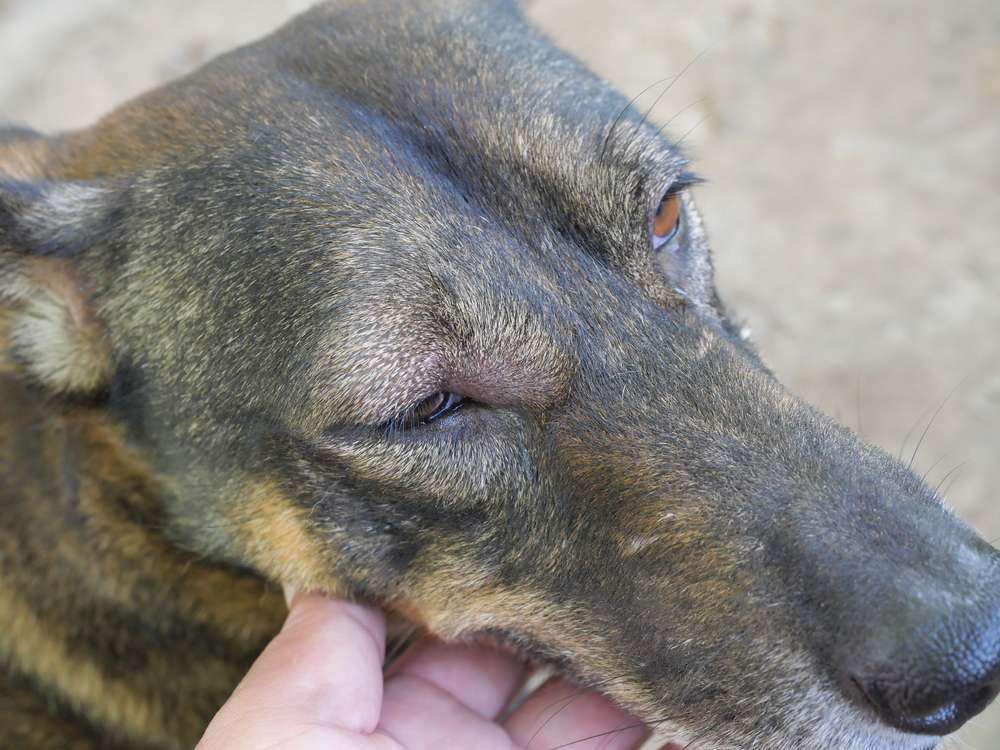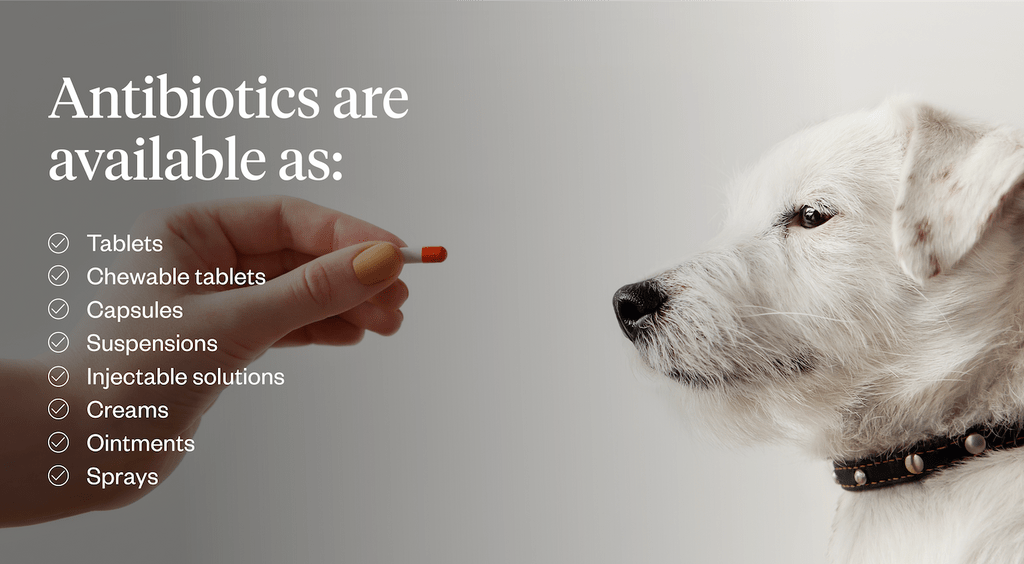Key Takeaways:
- Vaginitis is a common condition in puppies characterized by inflammation of the vaginal area.
- It can be caused by various factors including hormonal changes, bacterial or fungal infections, and poor hygiene.
- Symptoms of vaginitis in puppies may include excessive licking of the genital area, swelling, redness, and a foul odor.
- Treatment options for vaginitis in puppies usually involve proper hygiene practices, topical medications, and sometimes antibiotics.
- Prevention measures such as regular cleaning of the genital area and maintaining good overall hygiene can help prevent vaginitis in puppies.
Are you a proud puppy owner? If so, then understanding the topic of vaginitis in puppies is essential for providing the best care and health for your furry friend. Vaginitis, also known as inflammation of the vagina, can affect young female puppies and cause discomfort and potential health issues if left untreated. By delving into this subject, you will gain valuable knowledge on how to recognize the symptoms, prevent future infections, and ensure your puppy's overall well-being. So let's dive in and explore the world of vaginitis in puppies together!
Understanding Vaginitis in Puppies: Causes and Symptoms
Causes of Vaginitis in Puppies
Vaginitis is a common condition that affects female puppies. It occurs when the vagina becomes inflamed and irritated. There are several possible causes of vaginitis in puppies. One common cause is hormonal changes that occur as the puppy's body matures. These hormonal changes can lead to an overgrowth of bacteria in the vagina, causing inflammation and discomfort. Another cause of vaginitis can be poor hygiene, such as not keeping the area clean or allowing urine to accumulate around the vulva. This can create a breeding ground for bacteria and increase the risk of infection.
Symptoms of Vaginitis in Puppies
It's important to recognize the symptoms of vaginitis in puppies so you can seek proper treatment for your furry friend. The most common symptom is a discharge from the vulva, which may be clear, white, or yellowish in color. You may also notice your puppy licking her genital area more frequently than usual. Other signs include redness and swelling around the vulva, frequent urination, and discomfort during urination or defecation.
To prevent vaginitis in puppies:
1. Keep their genital area clean by gently wiping with a damp cloth after they pee or poop.
2. Avoid using scented wipes or soaps on their genital area, as this can irritate the sensitive skin.
3. Make sure your puppy has regular veterinary check-ups to monitor their overall health and catch any potential issues early on.
4. Avoid exposing your puppy to harsh chemicals or irritants that could trigger an allergic reaction or irritation.
By following these preventive measures, you can help reduce the risk of vaginitis in your precious pup.
Diagnosing and Treating Vaginitis in Puppies: What You Need to Know
Diagnosing Vaginitis in Puppies
If you suspect your puppy has vaginitis, it's important to consult a veterinarian for an accurate diagnosis. The vet will perform a physical examination and may take a sample of the vaginal discharge for testing. This will help determine if there is an infection present and guide the appropriate treatment plan.
Treating Vaginitis in Puppies
The treatment for vaginitis in puppies depends on the underlying cause and severity of the condition. In mild cases, simply keeping the area clean and practicing good hygiene may be enough to resolve the issue. However, if there is an infection present, your vet may prescribe antibiotics or antifungal medication to eliminate the bacteria or fungus causing the inflammation.
It's essential to follow your vet's instructions carefully and complete the full course of medication, even if your puppy's symptoms improve before finishing the treatment. This will ensure that any remaining bacteria or fungus are completely eliminated, reducing the risk of recurrence.
Potential Long-Term Effects of Vaginitis in Puppies: What to Watch Out For
Long-Term Effects of Untreated Vaginitis
If left untreated, vaginitis in puppies can lead to potential long-term effects. Chronic or recurrent vaginitis can cause discomfort and pain for your furry friend. It may also increase their susceptibility to urinary tract infections (UTIs) or other reproductive issues later in life.
Monitoring Your Puppy's Health
To ensure your puppy stays healthy, it's crucial to monitor their overall well-being after treating vaginitis. Keep an eye out for any signs of recurrence, such as persistent discharge, frequent urination, or discomfort during urination. If you notice any concerning symptoms, consult your veterinarian promptly for further evaluation and appropriate treatment.
Remember, as a responsible pet owner, your vigilance and proactive care play a vital role in keeping your puppy happy and healthy.
Potential Long-Term Effects of Vaginitis in Puppies: What to Watch Out For
1. Urinary Tract Infections (UTIs)
Vaginitis, if left untreated, can increase the risk of urinary tract infections (UTIs) in puppies. UTIs occur when bacteria enter the urinary tract and cause inflammation and infection. The symptoms of UTIs in puppies may include frequent urination, straining to urinate, blood in the urine, and discomfort while urinating. If your puppy has had vaginitis and is exhibiting these symptoms, it is important to consult a veterinarian for proper diagnosis and treatment.
Prevention Tips:
- Ensure your puppy has regular access to clean drinking water.
- Encourage frequent urination by taking your puppy outside regularly.
- Avoid using harsh chemicals or irritants near your puppy's genital area.
2. Chronic Vaginal Discharge
Chronic vaginal discharge can be a long-term effect of vaginitis in puppies. This discharge may continue even after the initial infection has been treated. It is important to monitor the color, consistency, and odor of the discharge. Abnormalities such as foul odor or changes in color may indicate an ongoing issue that requires veterinary attention.
Treatment Options:
- Your veterinarian may prescribe antibiotics or antifungal medications to treat any underlying infections causing chronic vaginal discharge.
- Regular cleaning of the genital area with mild, pet-safe cleansers can help maintain hygiene and reduce discomfort for your puppy.
3. Vulvovaginal Stenosis
Vulvovaginal stenosis refers to the narrowing or constriction of the vaginal opening in female puppies with a history of vaginitis. This condition can make it difficult for them to urinate or pass stool comfortably. If you notice your puppy straining or experiencing discomfort during elimination, it is essential to seek veterinary care.
Management Techniques:
- Your veterinarian may recommend gentle stretching exercises to help alleviate vulvovaginal stenosis.
- In severe cases, surgical intervention may be necessary to widen the vaginal opening and improve your puppy's quality of life.
Remember, early detection and prompt treatment of vaginitis in puppies can help prevent these potential long-term effects. Regular check-ups with a veterinarian and maintaining good hygiene practices are crucial for your puppy's overall health and well-being.
In conclusion, vaginitis in puppies is a common condition that can cause discomfort and discharge. It is important for puppy owners to seek veterinary care to ensure proper diagnosis and treatment for their furry friends.
Does vaginitis go away on its own?
Is it possible for vaginitis to resolve without treatment? It is not recommended to wait for vaginitis to resolve on its own unless the underlying cause is known. While some mild yeast infections may go away without treatment, not all cases do. Bacterial vaginosis tends to clear up without treatment, but if left untreated, it can increase the risk of sexually transmitted infections.
What does vaginitis look like?
You may experience a grayish-white discharge with a strong, unpleasant odor, often described as fishy. This odor may be more noticeable after intercourse. This could be a sign of a yeast infection. The main symptom is itching, but you may also have a thick white discharge that looks like cottage cheese.
Why does my puppy have yellow discharge?
Dogs suffering from pyometra often have a discharge from their vagina that can be white, yellowish, or green in color. They may also show signs of excessive drinking and frequent urination. If you notice any of these symptoms, it is important to take your dog to the veterinarian right away. Pyometra can manifest in two forms, either as an open or closed condition.
How can I tell if my puppy has a UTI?
Dogs with urinary tract infections (UTIs) often try to urinate more frequently than usual when they are outside. They may also experience discomfort or pain while urinating, resulting in straining, crying out, or whining. Occasionally, there may be blood visible in their urine. In addition, constant dripping of urine or excessive licking of the genital area can be signs that a UTI is present.
How do you clean a female dog's private area?
To clean your puppy's private area, use a gentle dog shampoo and lightly scrub. Make sure to rinse with fresh water afterwards to avoid any irritation caused by leftover soap or shampoo.
Why does my dog keep licking her private area and its swollen?
Allergies to food or the environment can lead to skin rashes and irritation, which can be especially uncomfortable for dogs in the genital area. Dogs may lick the area in an effort to soothe the inflamed skin. The best solution is to avoid the allergen altogether, but if that's not possible, medication can help provide relief.

















